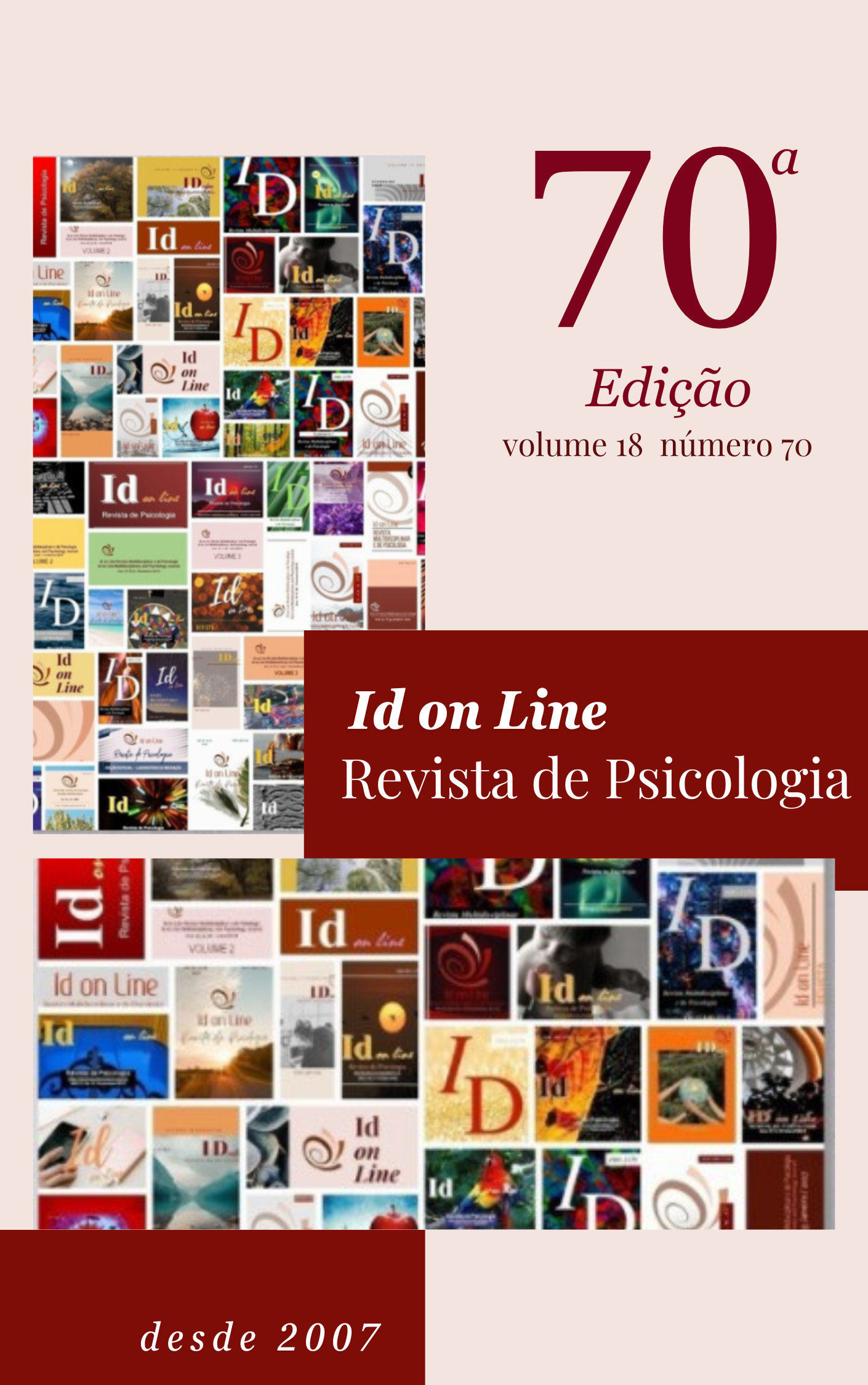Computer Assisted Education and Psychology of Learning
DOI:
https://doi.org/10.14295/idonline.v18iN70.3961Keywords:
computer-assisted education, psychology, learningAbstract
This study addressed the interaction between Computer Assisted Education (CSE) and Learning Psychology, aiming to understand its effects on student performance, engagement and satisfaction. Using a mixed methodology, participants involved with EAC were selected, with data collected through questionnaires and interviews. Quantitative analyzes indicated improvements in academic performance and student engagement, while qualitative analyzes highlighted the appreciation of the flexibility and personalization that EAC offers. Challenges such as the need for digital skills and efficient instructional design were also identified. The results suggest that EAC can significantly enrich the educational process, emphasizing the importance of pedagogical strategies that integrate technology effectively and the need for policies that facilitate the adoption of EAC, ensuring its access and effectiveness for all students.
Downloads
References
CRESWELL, J. W. Investigação qualitativa e projeto de pesquisa: escolhendo entre cinco abordagens. Porto Alegre, RS: Penso, 2014.
HATTIE, J. Visible learning: a synthesis of over 800 meta-analysis relating to achievement New York, USA: Routledge, 2009.
MARQUES, C. G. C. Concepção e desenvolvimento de um sistema hiperConcepção e em contexto educativo: aplicação da teoria da flexibilidade cognitiva arquitectura de computadores. 2002. 330 f. Dissertação (Mestrado em Comunicação Educacional MultimÈdia) - Universidade Aberta, Lisboa.
MAYER, R. E. Multimedia learning 2nd. ed. New York: Cambridge University Press, 2009.
SPIRO, R. J. et al. Cognitive flexibility, constructivism, and hypertext: random access instruction for advanced knowledge acquisition in Ill-structured domains. Educational TEducational TEducational TEducational TEducational Technologyechnologyechnologyechnologyechnology, v. 31, n. 5, p. 24-33, 199
SPIRO, R. J.; JEHNG, J. C. Cognitive flexibility and hypertext: theory and technology for the nonlinear and multidimensional traversal of complex subject matter. In; NIX, D.; SPIRO, R. J. (Ed.). Cognition, education, and multimediaCognition, education, and ultimediaCognition, education, and multimediaCognition, education, and multimediaCognition, education, and multimedia: exploring ideas in high technology. Hillsdale: Lawrence Erlbaum Associates, 1990. p. 163-205.
VYGOTSKY, L. S. A formação social da mente: o desenvolvimento dos processos psicológicos superiores. São Paulo: Martins Fontes, 1984.
Downloads
Published
How to Cite
Issue
Section
License
Copyright (c) 2024 Keny Lucas da Silva Goes, Jadislene Estevam da Silva Costa, Jadna Cleia Estevam da Silva Goes

This work is licensed under a Creative Commons Attribution-NonCommercial 4.0 International License.
Os autores detêm os direitos autorais sem restrições, devendo informar a publicação inicial nesta revista, em caso de nova publicação de algum trabalho.










